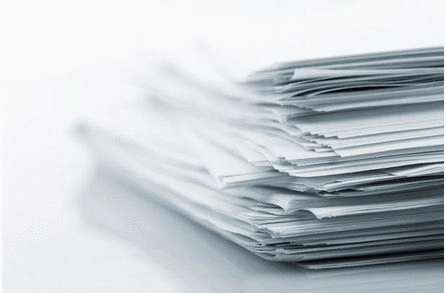Ahmad Baghal
University of Arkansas for Medical Sciences, USA
Title: Challenges in extracting and curating acute kidney injury data from institutional research enterprise Data Warehouse
Biography
Biography: Ahmad Baghal
Abstract
The aim of implementing clinical enterprise data warehouse (cEDW) at the University of Arkansas for Medical Sciences (UAMS) was to provide researchers dedicated data source for the conduct of clinical and translational research. Retrospective data analysis has increasingly enhanced breadth and wealth of knowledge of diseases and triggered development of novel treatments to improve patients’ outcomes. Acute Kidney Injury (AKI) is serious medical condition with detrimental health effects, poor outcomes, and high mortality rate. It affects 15% of hospitalized patients and incidence of 1% among the general population. However, little is known about predictors of patients’ outcomes: survival, chronic kidney disease, or death. UAMS, in collaboration with four other medical centers, embarked on a study to identify modifiable factors that lead to poor outcomes among AKI patients. The cohort definition included patients who received renal dialysis, had no diagnosis of end stage renal disease, and had no history of kidney transplant or chronic kidney disease stage 5 at time of first dialysis. Data points including demographics, diagnoses, procedures, comorbidities, laboratory results, and medications, would be extracted from respective medical centres’ cEDW, and, because of the different cEDW implementations between the sites, it was expected data harmonization challenges would be raised. The real challenge was extracting and organizing renal dialysis treatment modalities’, intermittent haemodialysis and continuous renal replacement therapy, data points from each respective centre cEDW’s flow sheets. Not only some centers used paper-based documentation of modalities, but understanding of clinical workflows was critical in producing complete and meaningful data for analysis.

